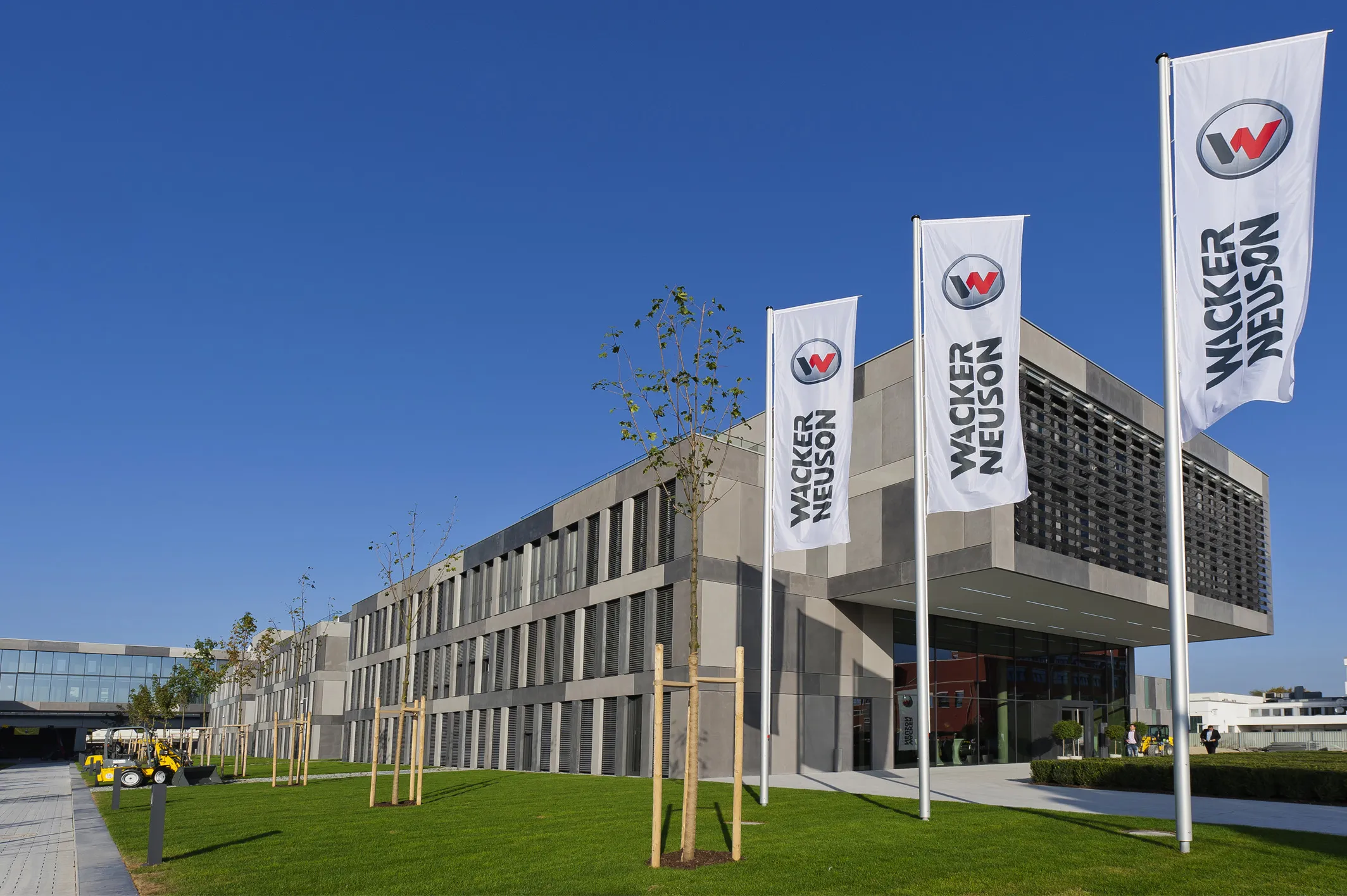The figure for the corresponding period in 2017 was €403 million, while in the fourth quarter of 2017 it was nearly €383 million.
The company said that the significant rise in new orders was partly due to very favourable business conditions as well as to changed customer procurement behaviour. In the light of the strong demand and the introduction of emissions standard EU Stage V in the coming year, customers placed their orders early in order to be sure of securing delivery.
The unit sales figure for the first quarter of 2018 was 48,458 engines, including 2,133 electric motors sold under the Torqeedo brand. This was 30.4% higher than in the first quarter of the previous year (37,153 engines) and 11.7% up on the previous quarter (43,367 engines).
Revenue came to €414.5 million, a 17.6% increase on the first three months of last year (Q1 2017: €352.5 million) and 7.4% more than in the previous quarter (Q4 2017: €385.9 million).
Operating profit (EBIT before exceptional items) increased year on year by €14.1 million to €21.7 million in the first quarter of 2018.
Compared with the fourth quarter of 2017, EBIT before exceptional items went up by €7.1 million. The EBIT margin (before exceptional items) improved from 2.2% in the first three months of 2017 to 5.2% in the reporting period.
“We are taking this tailwind with us into the second quarter,” said Frank Hiller, chairman of Deutz. “Although we expect to see the usual seasonal decline in the summer quarter, we anticipate that this will be less pronounced than in previous years.”
Deutz sees new orders rise 43% in Q1 this year
German engine manufacturer Deutz saw new orders rise in the first quarter 2018 by nearly 43% per cent year-on-year to almost €575 million.
The figure for the corresponding period in 2017 was €403 million, while in the fourth quarter of 2017 it was nearly €383 million.
The company said that the significant rise in new orders was partly due to very favourable business conditions as well as to changed customer procurement behaviour. In the light of the strong demand and the introduction of emissions standard
April 17, 2018
Read time: 2 mins
German engine manufacturer 201 Deutz saw new orders rise in the first quarter 2018 by nearly 43% per cent year-on-year to almost €575 million.








